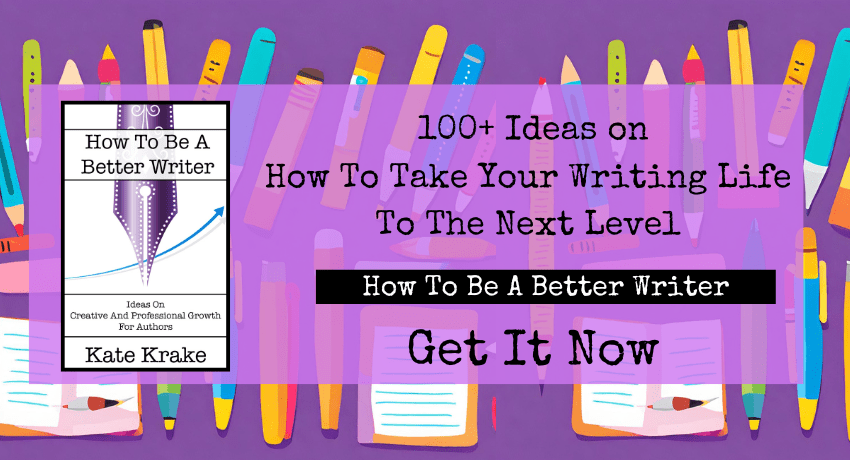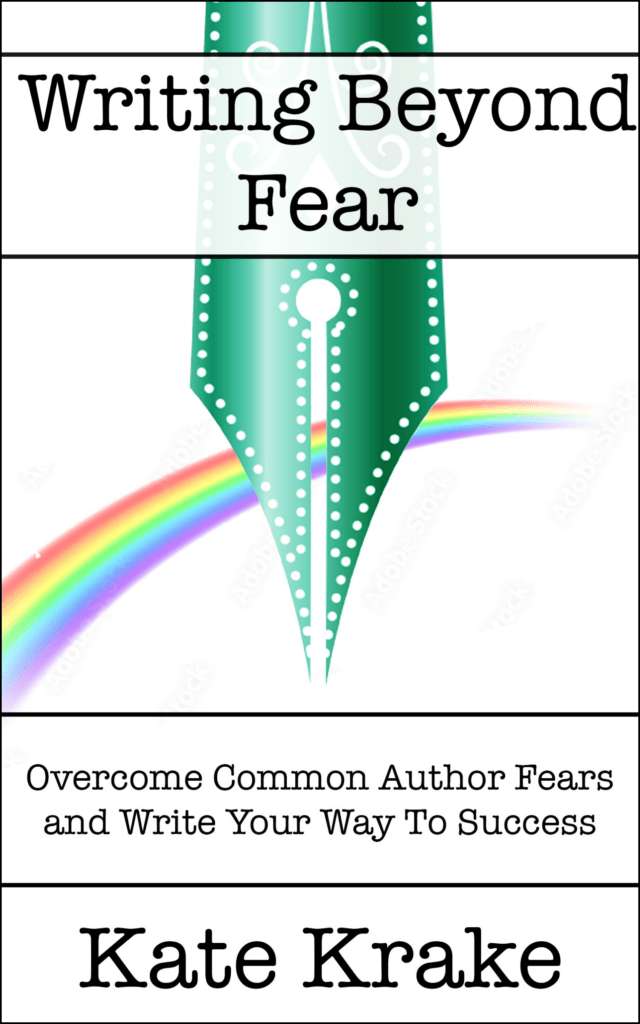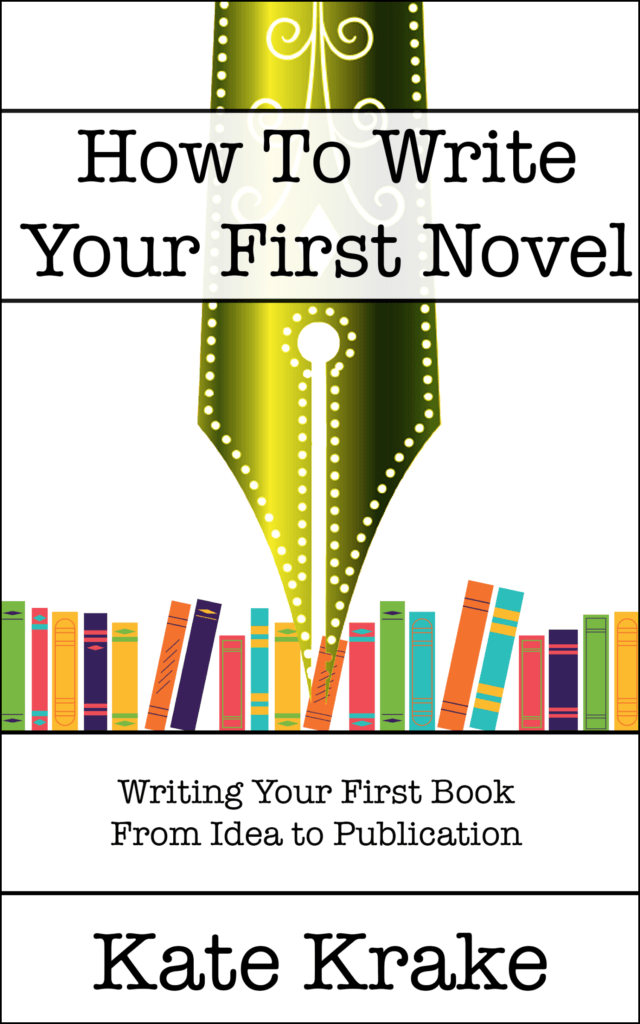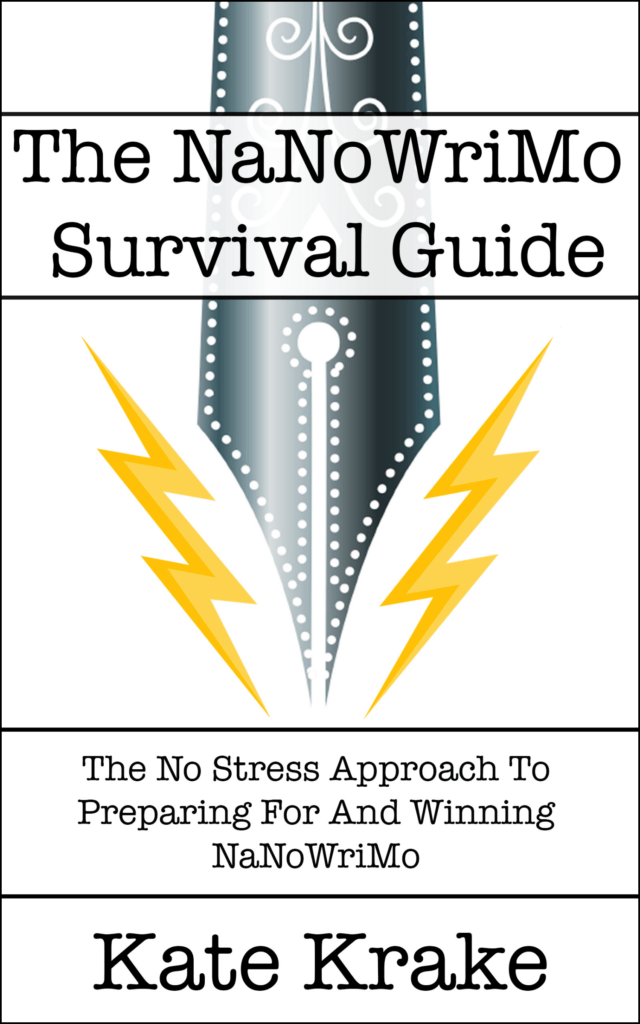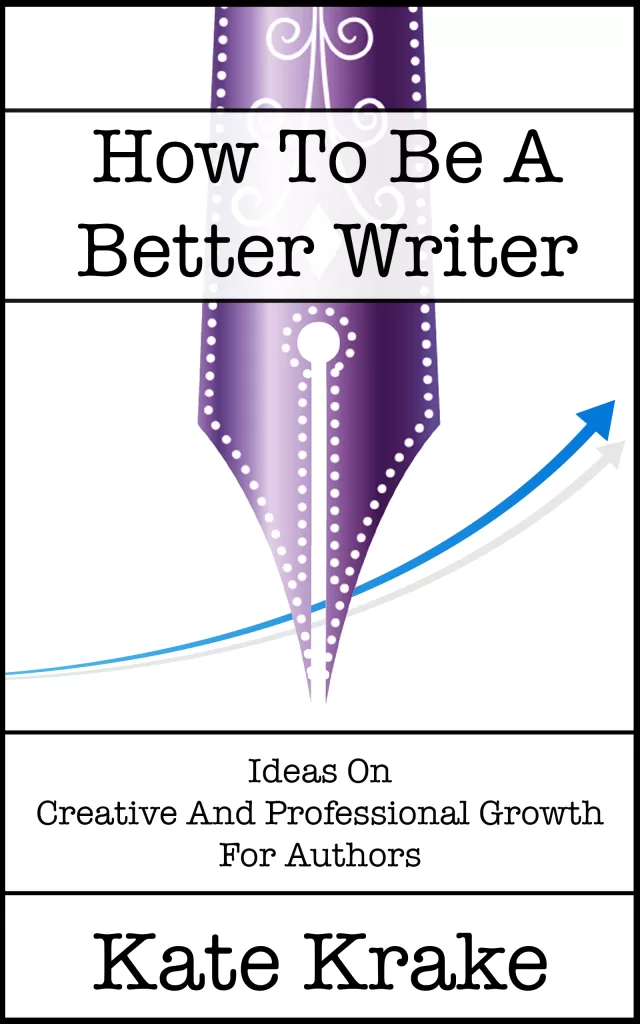Writing, in its essence, is a simple act. It’s the stringing together of words to express thoughts, emotions, and stories. It’s a way we bring our inner worlds to the outer world, and a way we connect our minds and spirits to others.
In the modern writing and publishing world, this wonderful, simple essence all too often gets buried under tangled layers upon tangled layers of complexity and extraneous demands.
Generative AI, social media, SEO, publishing options, writing to market, paid communities, extra content, selling direct, multiple formats, foreign rights, pitching, contracts, serials, standalones, shorts, and so, so many other elements, we modern writers face a maze of challenges that can paralyze the very act of writing.
We get overwhelmed. We fear getting it wrong and making the wrong choice. We fear missing an opportunity, and we want all the opportunities because they’re all so amazing! We take on too much of this extra and forget to leave time or energy for the simple essence of thoughts and feelings into words and connection.
So how do we navigate these tangled layers and simplify the writing world?
Two approaches: releasing perfectionism, and limiting practices.
Release Perfectionism
One of the primary culprits in over complicating the writing and publishing world is the relentless pursuit of perfection.
We feel pressured to produce flawless work, to publish in all the ways, to promote in all the ways, and do all the best practices all the time. And then we’re paralyzed and don’t do anything, or attempt to do all the things and end up making a million mistakes, or burning out so that we’re physically, mentally, emotionally, and spiritually depleted and can’t write anyway. Yes, I’m speaking from hard experience.
The quest for perfection not only leads to this cruddy quality of work and energy burnout, but also it stifles creativity and prevents the natural flow of ideas.
Instead of striving for an unattainable ideal, we should embrace the messy, imperfect process of writing and publishing.
Let your writing be a playground for ideas, a space where imperfections are not only acceptable but necessary for growth. If one of those imperfections (I.e. typos) slips into your published work, shrug it off, fix it if you can, and count yourself among the many, many authors whose published works contain mistakes.
Limit Your Practices
Choose one or two publishing and marketing options to focus on at one time. You don’t have to do this perfectly either.
Allow yourself the learning curve we all need and the time to:
a) see if it works for your unique style, and
b) get it working to a minimal functional level.
For example, you don’t need to be an absolute expert of paid ads and take a dozen courses and spend thousands on learning the process, but you can run one ad and see how it goes. Or you can decide not to take this path at all. Simple.
Audiobooks too much for you to think about, or too expensive to currently produce? Don’t do them. Or put them on the Later pile. The truth of our current reality is that digitally narrated audiobooks (AI voices) are getting so good that in the short term future, perfectly audiobooks can be made in a click with a fraction of the cost. Not keen on AI audiobooks? That’s fine too. Don’t take this path. Simple.
You don’t need to run courses and workshops as a teaching figure. You don’t need to take courses and workshops as a student if you don’t want to.
You don’t need all the social media platforms. You don’t need any of the social media platforms.
You don’t even need an email list if you truly don’t see it as a right fit for you.
You don’t need to do any of it.
You just need to write what you want in the way you want to write it.
Do this first.
I see so, so, so many emerging writers trying to build platforms before they’ve got anything to promote. I was one of them many years ago when social media was born, and even before (yes, I’m that old). And I see so, so, so many experts telling young writers that this is the best thing to do! It might be for some. It’s likely not, though. Writing takes time and energy and creative focus. Publishing and marketing take time and energy and creative focus.
Where does your time and energy and focus truly need to be right now?
Write your writing, whatever that is, in the most rewarding and most uncomplicated way you can.
And then see what options there are that suit you once you’ve got something to publish and market (and don’t do them all!).
Writing should be a source of self-fulfillment and pleasure, not a burden. Write for the simple enjoyment of it, without worrying about the outcome or audience. Allow yourself to experiment, to play with words, and to explore new ideas. Remember why you started writing in the first place and let that essential passion guide you along the simplest, most easeful path that will still get you where you want to go.


